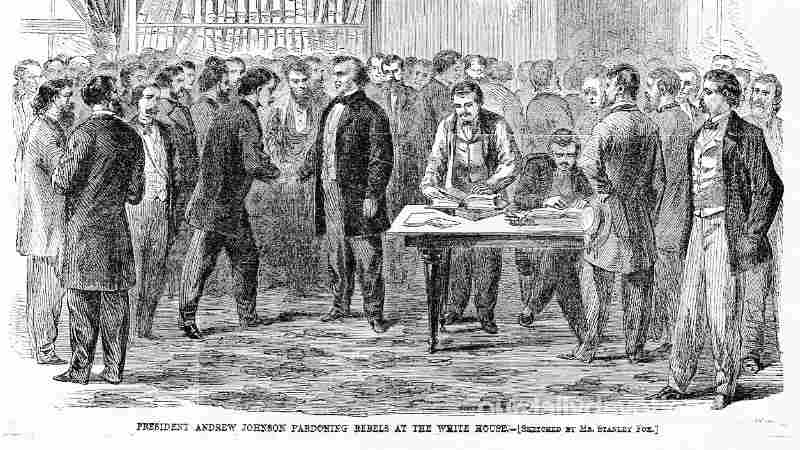Member of the tribe of Judah or the kingdom of Judah (2 Kings 16:6; 25:25). This name quickly took on a broader meaning, designating all the Hebrews who returned from captivity.
Finally, it came to designate all the people of this race dispersed throughout the world (Est. 2:5; Mt. 2:2). His language was Hebrew, which later received the name Judaic (2 Kings 18:26; Neh. 13:24). For his history in Palestine, see HISTORY.
In the NT this term occurs most frequently in the Gospel of John, where it is applied to those of Jerusalem and Judea, in contrast to the "people", who could have been Galileans or visitors from afar. John speaks of "the Jews", "the Passover of the Jews", etc., as if he were not a Jew. They had rejected the Lord and, spiritually, John was separated from them.
The Jews residing in Judea at the time of the insurrection against the Romans under the procurator Florus, in May 66, were, for the most part, killed. After the conquest of Jerusalem, after bitter resistance, in the year 70 AD, the few survivors were either sold as slaves or made food for gladiators and wild beasts.
The Jews scattered throughout the empire found themselves without a national center, without a Temple, without sacrifices. However, they maintained their distinctive personality in the midst of the darkest circumstances.
Established from China to Spain, from Africa to northern Russia, they were the object of fierce persecution by "Christian" populations ignorant of the Scriptures and encouraged by leaders full of greed and prejudice, fulfilling on this unfortunate nation the terrible invocation pronounced by their predecessors (cf. Mt. 27:25; Jn. 19:15).
Judaism has always persisted in rejecting Jesus, whom they will accept nationally only upon his return to the Mount of Olives when he comes to establish his kingdom (cf. Zech. 12: 1-10; 14: 3). -4 ff.).
Judaism was preserved over the centuries, with many ups and downs, within an extremely closed community, systematically deprived of privileges, although with temporary respites that alleviated the situation.
In periods of tolerance the Jews flourished, and came to enjoy beautiful synagogues, great material prosperity, and prestige in many fields of commerce, medicine, and science. But his situation was never safe.
Expelled from Spain in 1492 by the Catholic Monarchs, Isabella and Ferdinand, after having been dispossessed of their property and systematic massacres throughout the Peninsula, made the subject of popular massacres, or "progroms" in numerous places in Central Europe; Subject to the whim of any authority in the Arab countries, both in North Africa and the Middle East, they saw how, in the 20th century, a cold campaign of systematic massacres was unleashed against them under the Nazi regime in Germany, Poland and numerous others. occupied territories, in well-studied extermination camps, where six million of them found death, victims of satanic hatred expressed in the racist theory of "the superiority of the Aryan race."
This shocking massacre on a continental scale, methodically planned and executed, and not fully consummated thanks to the Allied victory over the German Reich in 1945, gave new impetus to the Zionist thesis, leading to the founding, against all odds, of the modern state of Israel on May 14, 1948.
There, according to the prophecies, the Jews must still face an unparalleled tribulation, "the day of Jacob's trouble", before the coming of the Lord and the establishment of his reign of peace and justice over the world (Jer. 30). :3-8).
Throughout their tragic history, starting in 1776, Jews were able to count on a country in which they were considered citizens with full rights and duties, without difference: the United States of America.
A few years later, the French Republic would follow the same path, and other modern states in Europe. However, the German holocaust shows how far satanic hatred can go against the People of God, now rejected and subjected to discipline, but loved for the sake of the patriarchs (cf. Rom. 11:28) and the object of promises of blessing that They must be fulfilled nationally (cf. Jer. 31:27-40; cf. Rom. 9-11).
Meaning of JEW
Member of the tribe of Judah or the kingdom of Judah (2 Kings 16:6; 25:25). This name quickly took on a broader meaning, designating all the Hebrews who returned from captivity.







